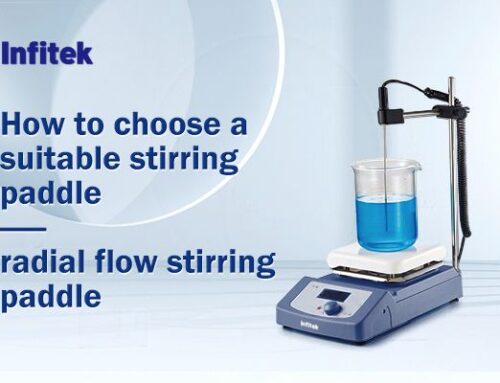In laboratories, proper storage of samples is crucial to ensure accuracy in research and experiments. Laboratory refrigerators and ultra-low temperature (ULT) freezers are both essential, but they serve different purposes.
Laboratory Refrigerators typically maintain temperatures between 2°C and 8°C, ideal for storing sensitive samples, vaccines, and reagents that require stable cooling but not freezing. These refrigerators offer precise control to avoid temperature fluctuations, ensuring optimal conditions for biological materials.
On the other hand, ULT freezers operate at extremely low temperatures, typically ranging from -40°C to -86°C. They are used to preserve biological samples like cell cultures, DNA, RNA, and long-term protein storage. The ultra-low temperatures slow down biochemical reactions and degradation processes, allowing materials to be stored for extended periods without compromising their integrity.
When choosing between a laboratory refrigerator and an ultra-low temperature freezer, consider the nature of the samples, storage duration, and required temperature. For daily use items like vaccines, a refrigerator suffices, but for long-term biological sample preservation, ULT freezers are essential.
Both laboratory refrigerators and ULT freezers are crucial for safeguarding sensitive materials in scientific research, ensuring that samples remain viable and uncontaminated.




Get Social